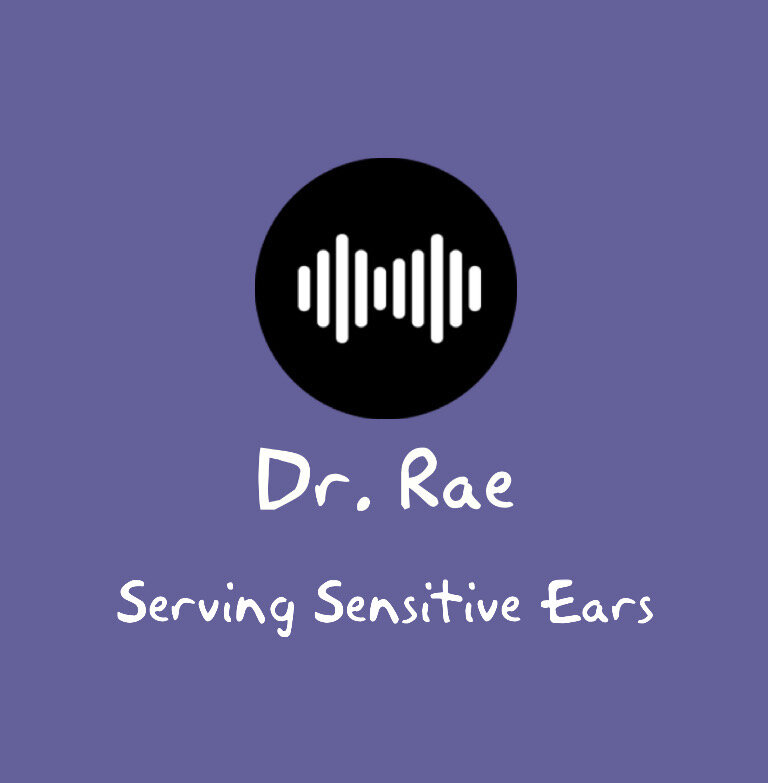Loudness and Pain Hyperacusis
Hyperacusis involves an anticipatory anxiety or fear related to the discomfort or pain triggered by moderate to loud sounds. Imagine the distress caused by the sharp clink of silverware on plates or the overwhelming noise of hand dryers in public restrooms. If you or someone you know experiences significant anxiety about encountering noisy environments without ear protection, it could be hyperacusis. This condition is characterized by an unusually narrow range between barely hearing soft sounds and the threshold at which louder sounds become intolerable, often because these sounds are known to cause significant discomfort or pain. Over time, this physical discomfort can lead to increased anxiety and fear regarding exposure to certain sounds, contributing to fatigue, irritability, and a tendency to isolate oneself to avoid painful auditory experiences.
How Blocking Out Sound Often Worsens Sensitivity
Sound sensitivity, also known as hyperacusis (discomfort or pain from moderate to loud sounds) and/or misophonia (dislike or hatred of certain sounds), carries a risk of causing social isolation. It is crucial to take symptoms of hyperacusis and misophonia seriously if it is resulting in anxiety or fear... particularly if the sufferer shows a desire to either isolate themselves from potential noise or to overprotect their hearing through the chronic use of earplugs or noise-reducing headphones.
Research has shown that overprotection of hearing using earplugs or noise reduction headphones can increase hyperacusis even in normally-hearing people previously without symptoms of sound sensitivity. This does not mean, however, that we should not allow those with hyperacusis or other sound sensitivities like misophonia to be able to retreat from sound. It is the chronic avoidance of sound that can cause difficulties in increased sensitivity, not silence itself.
Simply reducing the volume of one’s environment will not change their experience of hyperacusis.
In fact, in cases of very severe hyperacusis, people often reduce the volume of things in their world to such a degree that they are nearly inaudible... and may not even venture outside of their homes for fear of exposure to potentially painful sound.
I had once thought these cases were extremely rare ... but have since spoken to many such patients... even one young teen contacting me in a strained digital whisper from overseas ... patients who, due to overprotection of hearing, have eventually become virtual prisoners of their fear of noise.

